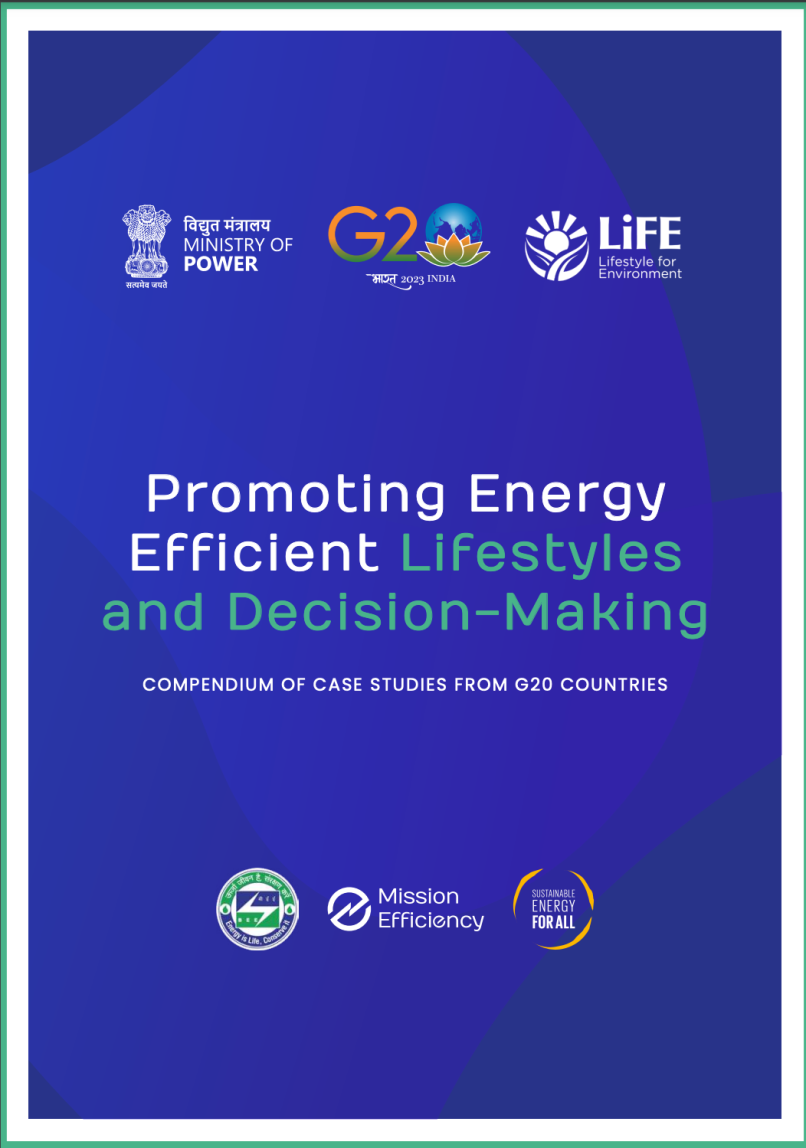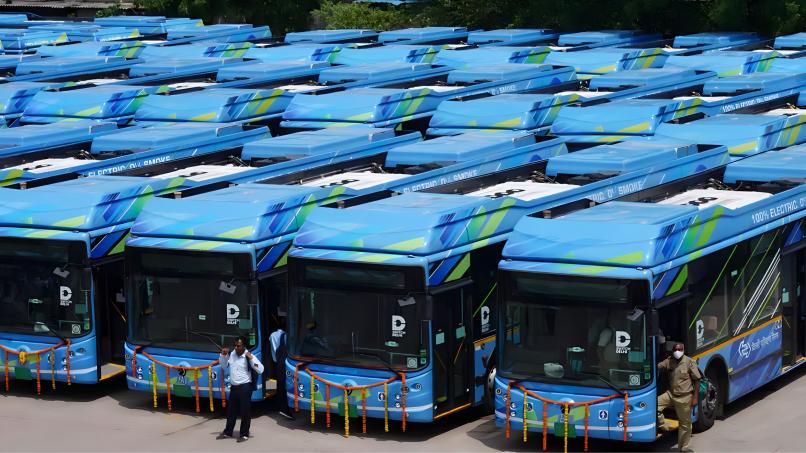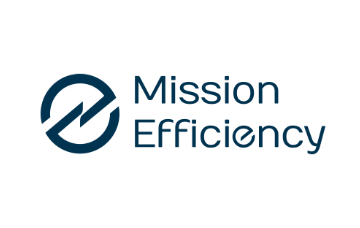Promoting Energy-Efficient Lifestyles and Decision-Making
A compendium of case studies from G20 countries.
This Compendium highlights how impactful messaging and compelling narratives can harness positive emotions to embrace energy-efficient lifestyles and inspire countries and organizations to raise ambition on energy efficiency. The Compendium is developed by the Bureau of Energy Efficiency, Ministry of Power, Government of India, in partnership with Sustainable Energy for All (SEforALL) and Mission Efficiency.
Energy efficiency is a cornerstone of any effort to achieve climate, energy, and development goals. Whether at the country, enterprise, or household level, investing in energy efficiency can increase energy access, improve energy services, reduce dependence on fossil fuels, improve grid reliability, and accelerate the benefits of renewable energy. Ultimately, energy efficiency can be a mass movement, bringing better lives for everyone.
Around the world, there are millions of buildings, appliances, air conditioners, vehicles, and many other human-controlled technologies that we use every day. It thus takes millions of choices by individuals and businesses to put communities on an energy-efficient path. In India, the Lifestyle for Environment (LiFE) campaign launched by the government seeks to foster a collective shift away from detrimental consumption practices towards mindful resource utilization, recognizing energy efficiency as a key lever.
Harnessing the power of emotions and positive experiences that motivate individuals, countries and businesses, can lead to major transformations. This Compendium shows how new, emotion-based narratives for energy efficiency can pivot on four pillars:
- Empowering people to take an active role in the solution;
- Fostering positive emotional connections to energy efficiency;
- Acknowledging and recognizing energy-efficiency champions; and
- Innovating communication channels to expand reach.
Through case studies from G20 countries, this Compendium disseminates lessons learned in buildings and homes, business and industry, and transport and cities, and marks a step forward in communications strategies that spark energy-efficiency actions worldwide.



